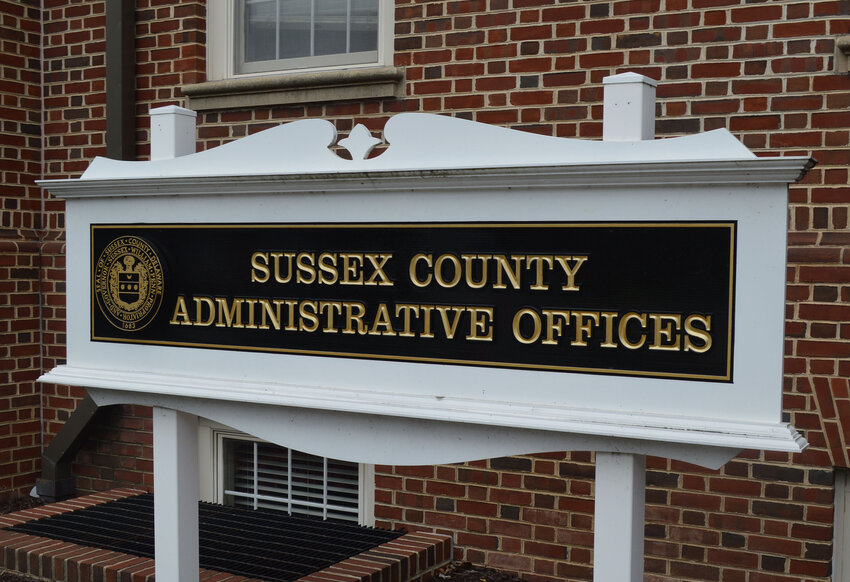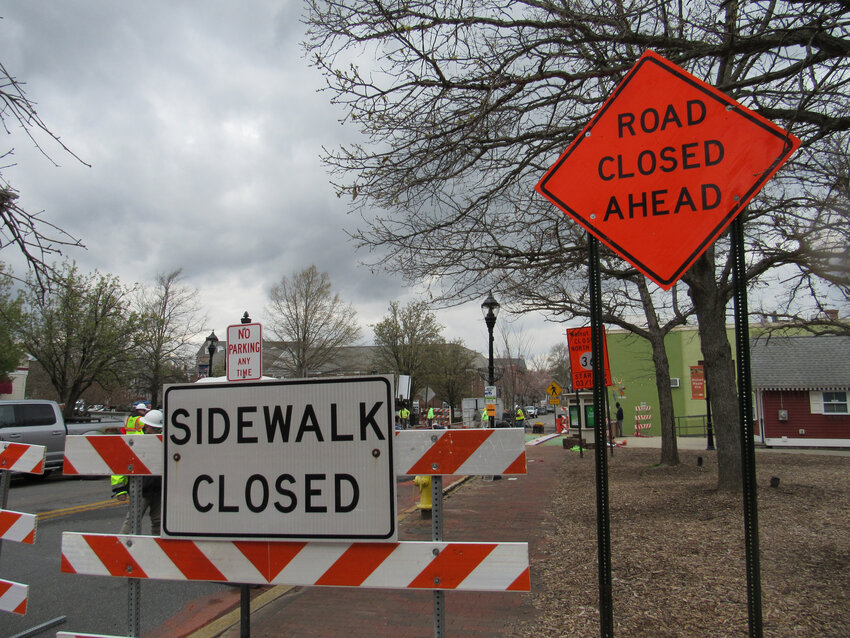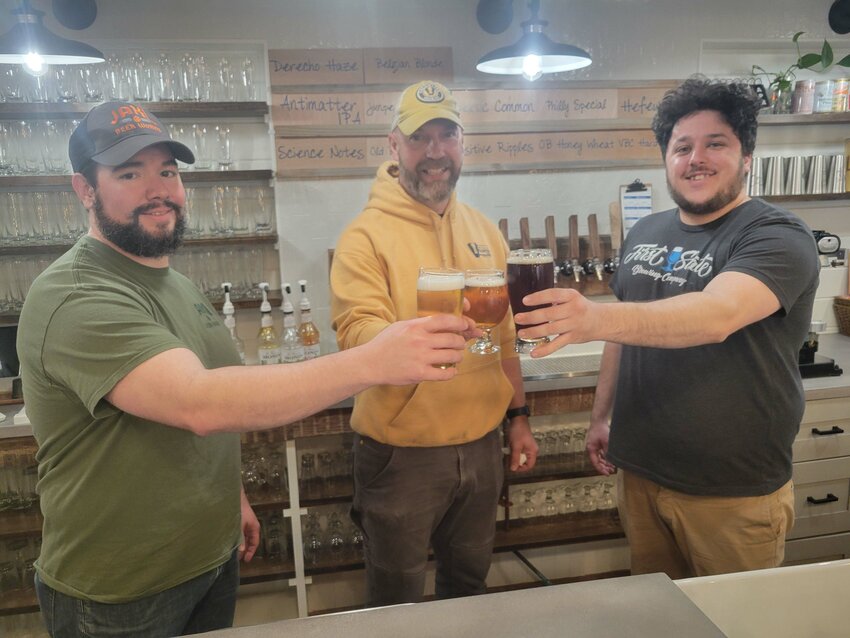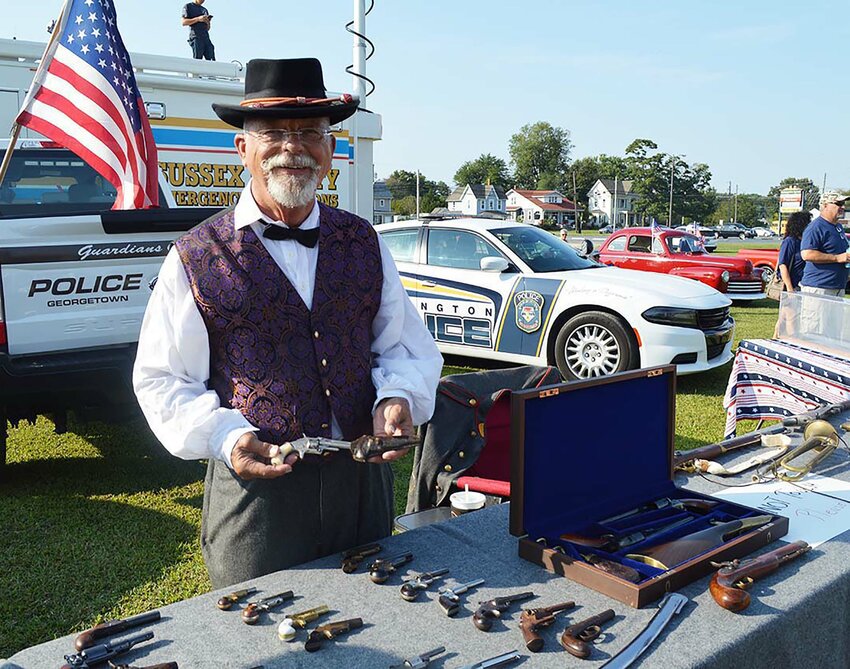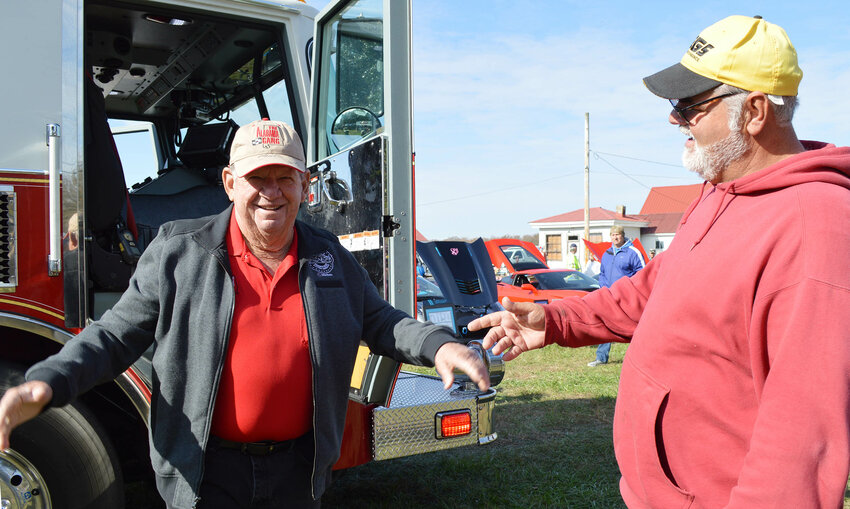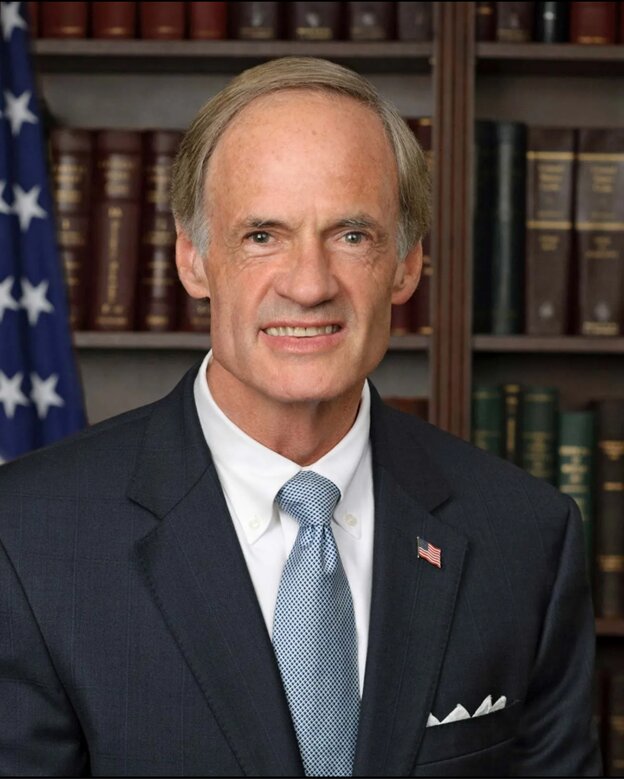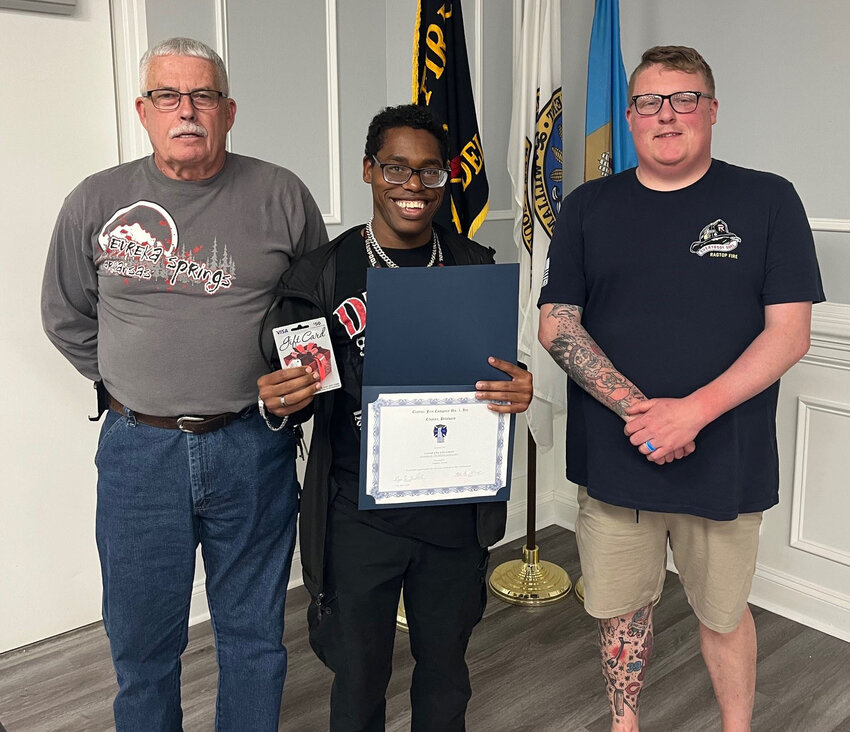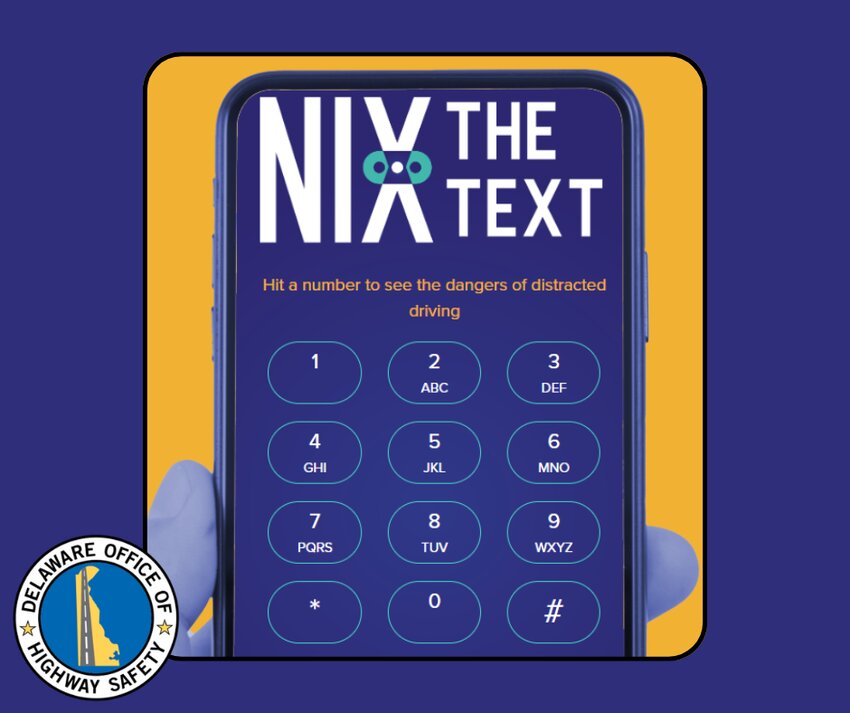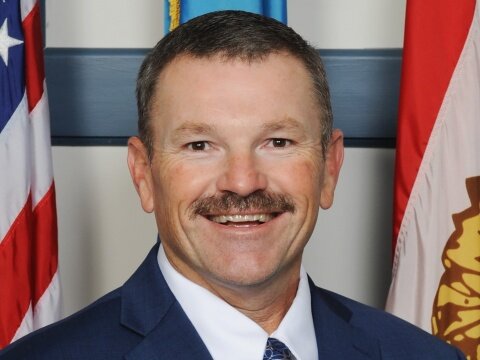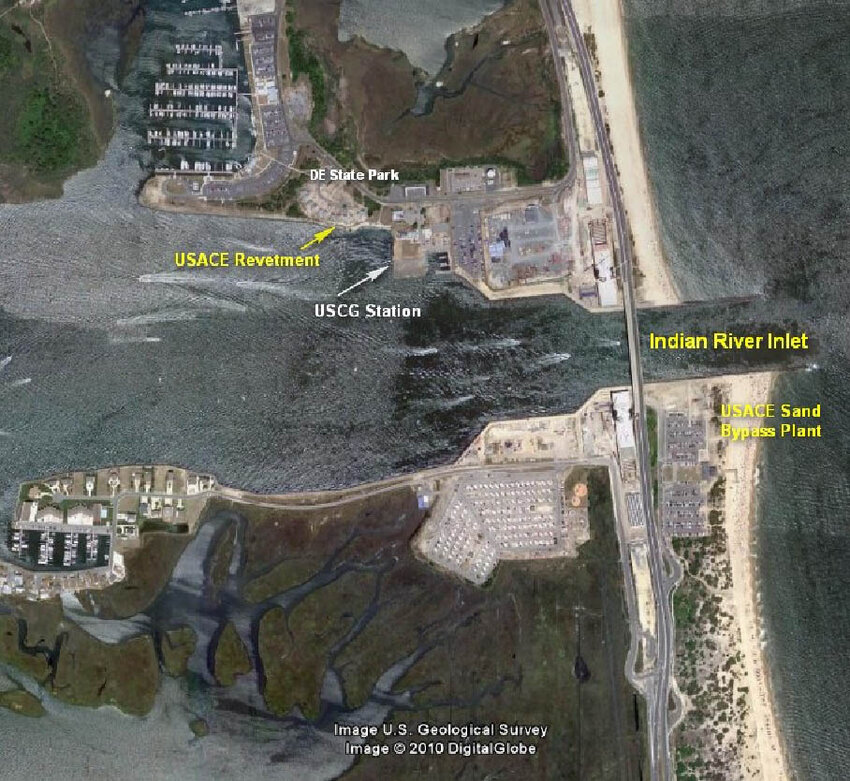Bill establishing crime for creation of deep fake images heads to Delaware House floor
DOVER — As the presence of artificial intelligence continues to rise, Delaware lawmakers are working to get ahead of the curve on how to regulate the technology. One proposal, led by Rep. …
-
-
Homeless Bill of Rights pulled from Delaware House committee's Wednesday agenda
DOVER — As lawmakers prepared to return from their two-week spring recess on Monday, the Bill of Rights for Individuals Experiencing …
-
-
-
Delaware State students share their university experiences
DOVER — They met for an hour or so on Friday and the conversation was still going strong at the end.
-
-
-
Delaware's June Jam CEO, founder Hartley dead at 68
Bob Hartley, CEO and president of the June Jam charity music festival, died in his sleep Sunday.
-
-
The land of a former drive-in theater, a place that made memories for decades in Felton, may now become home to six warehouses.
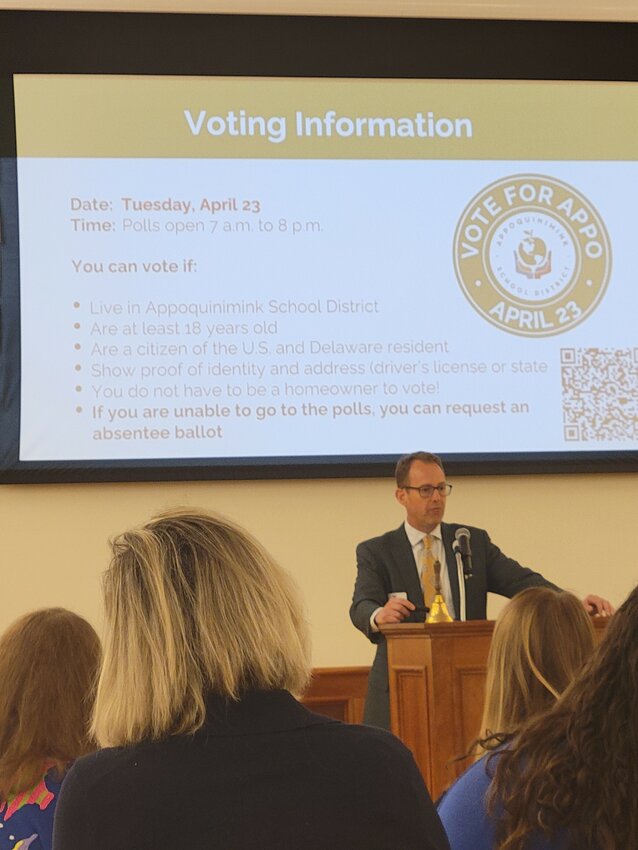

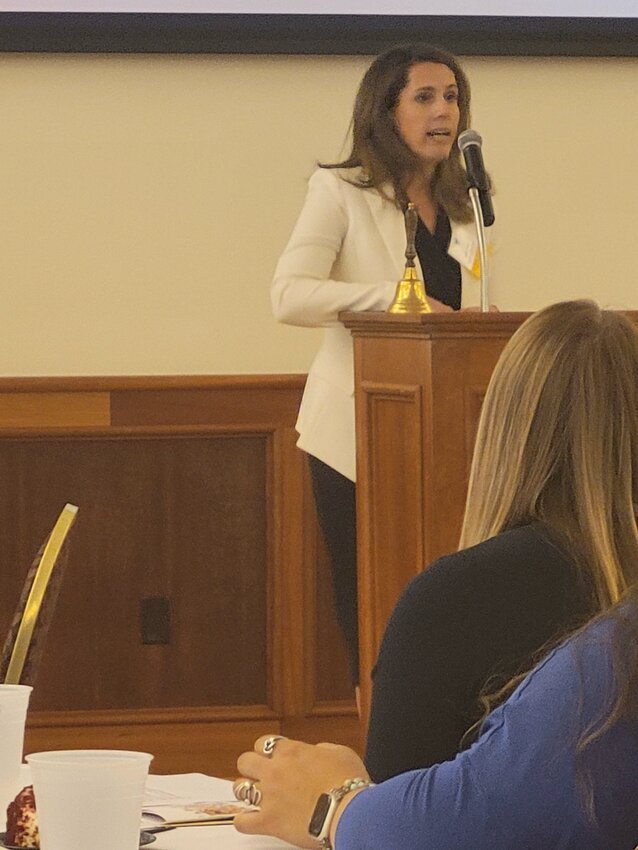
View this issue of The Delaware State News or browse other issues.
Disclosure
-
-
Hoff: Protecting nation’s lakes is paramount
It was a scene right out of the 1975 blockbuster movie “Jaws,” only this was real, and humans contributed to the cause: On the Saturday of …
-
-
-
Holmes: Report reveals impact of Alzheimer’s in Delaware
The Alzheimer’s Association’s 2024 Alzheimer’s Disease Facts and Figures report reveals alarming trends demanding urgent attention. With …
-
-
-
Geisler: It’s time to boost access to antiobesity meds
Obesity is one of America’s most pressing health epidemics, yet it has been consistently overlooked by policymakers. We have been aware of …
-
-
Downtown Milford roadwork affecting business
With growth comes some growing pains, and right now, downtown Milford business owners are feeling them. Due to ongoing road construction, travel has been hampered through one of the busiest retail districts in the city.
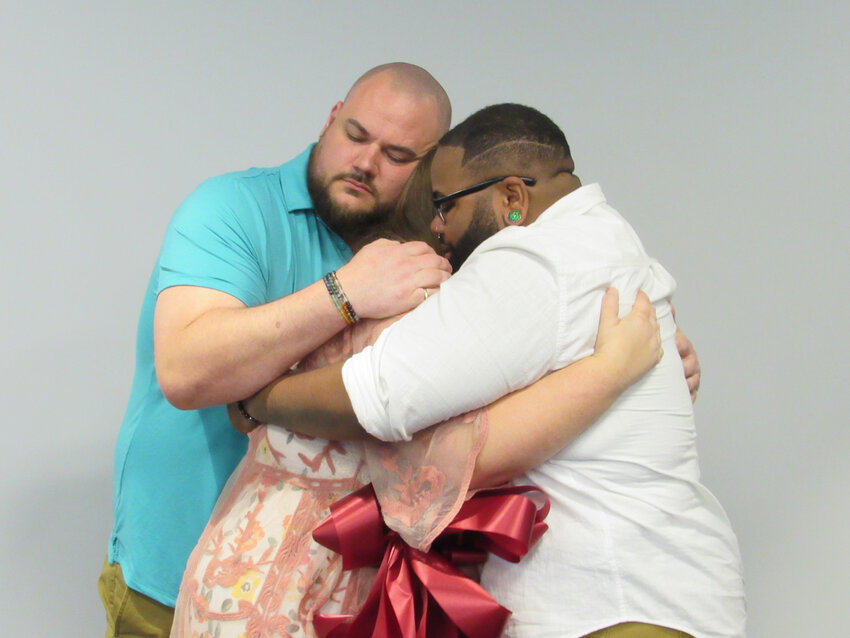


Photo gallery: Cape Henlopen vs. Caesar Rodney boys' lacrosse

Harrington Raceway harness racing results, entries
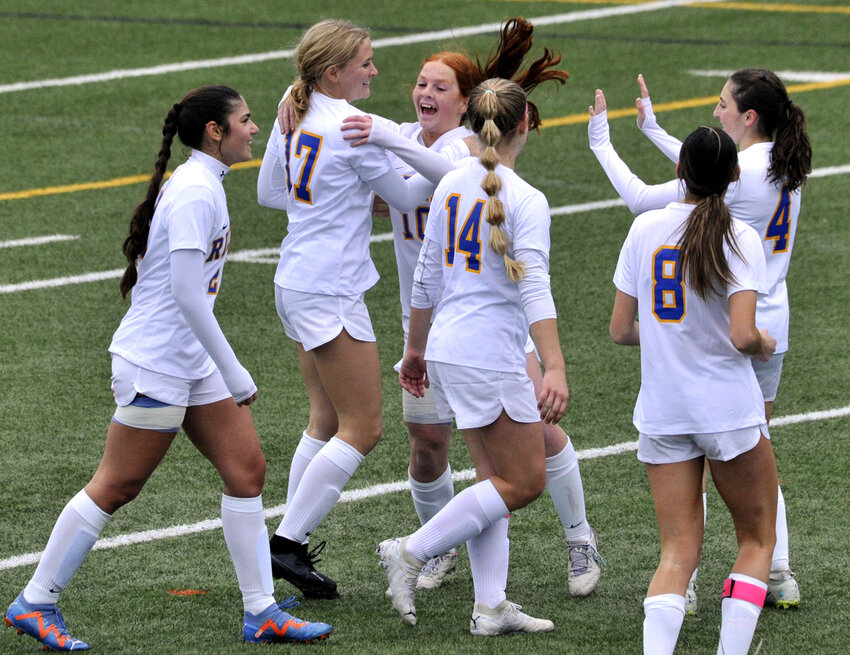
Caesar Rodney girls' soccer team glad to be back on track

Dover's Velazquez overcomes injury to return to the mound

Photo gallery: Caesar Rodney vs. Smyrna girls' lacrosse
More Sports

